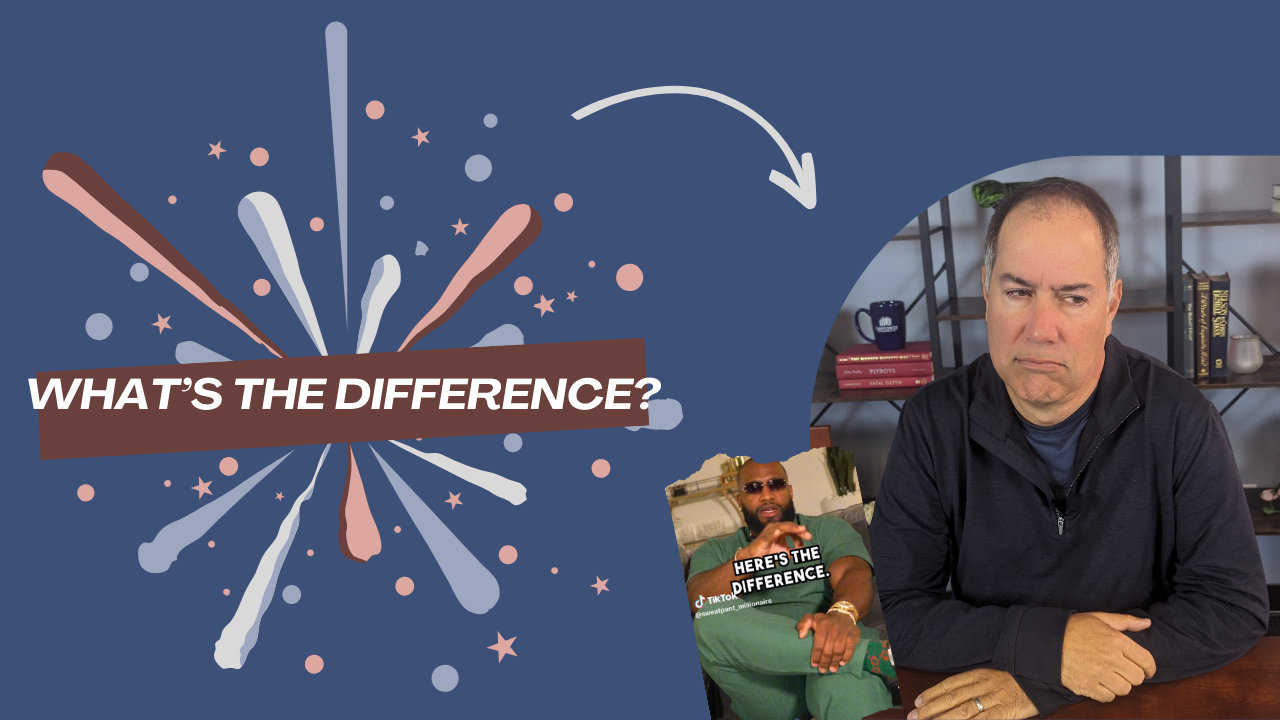How to Jump Your Business from 6 Figures to 7 Figures
Ever wonder what the difference between a 6 and a 7-figure business is? How can you grow your 6-figure business into 7-figures? Matt shares his thoughts in this video, so make sure you watch to the end.
There are tons of people out on social media giving business advice. Some of it is good advice, but most of it isn’t good. In this series watch CapForge’s owner react to different advice videos. He’s an expert in all things business and has 20+ years of experience under his belt. Some of the things he reacts to might even surprise you!
Video Transcript:
Business Advice Video:
Here’s the difference between a six to a seven-figure business. Six-figure business is typically a business where you are the provider. So a mechanic, a hair salon, nail salon, lash studio. that’s a six-figure business. Seven-figure business, this is something where you can work on your business not in your business. So can you scale? Can you replace yourself within your business? So you can focus on continuing to grow and multiply that business. That’s how you create a seven-figure business and potentially even an eight-figure business.
Matt’s Review:
Okay. Yeah, I mean the six-figure, seven-figure can be a little arbitrary, right? We have plenty of clients who are dentists. They own dental practices, they’re doing well into seven figures but they’re still the provider, they’re still working in the business, and doing the ultimate treatment of patients, even though they have employees helping them. But I get his point. The point being that in most six-figure businesses, the owner is still essential to the business and required to be there day to day to operate. Now again, there’s exceptions. If you have a content business, you’ve created a course. You can create that and sell it even in your sleep, even when you’re on vacation. You can be gone for months, not work on the business at all for months, other than taking orders from people buying the course, and you don’t need to be invested in it at all. So and sort of generic advice that doesn’t apply all the way across. But the general point I think is if you wanna get to a larger more successful business, where you can be more of an absentee owner, it’s really hard to do that with most smaller businesses. You wanna be in a position where all of the things that the business does can be done by people who aren’t the owner. If you get to that point, then you as the owner can work on continuing to grow it. But whether you’re there a day, or you’re out for a week, out for a month, the business continues to operate and bring in revenue and generate profits even when you’re not there. I think that’s the point he’s trying to get to for what makes a business successful.








